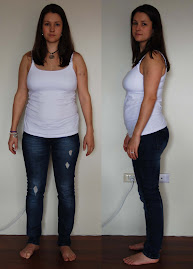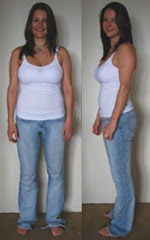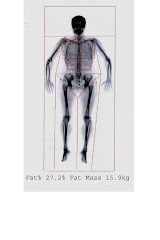A calorie is just a calorie you may believe. In order to lose body fat you must just consume less calories than you spend right? Wrong. If this were the case we could live off McDonalds, Pizza and Ice Cream and so long as we were spending more calories than we were consuming we would lose weight (though you probably wouldn't get many slices of pizza or scoops of ice cream into your daily allowance).
If a calorie were just a calorie a diet 100% full of calories from protein would have the same effect on body composition as one 100% full of calories from fat. Common sense tells you this isn't the case - imagine the difference a diet made up 100% full of chicken (protein) would have in comparison to ones 100% full of chips (fat and carbs).
Food is made up of macro nutrients, consisting of Protein, Fats and Carbohydrates. You may also hear alcohol being called a macro nutrient, however the body doesn't need alcohol to survive and it is of no nutritional value. Calories are made up of various amounts of macro nutrients and it is beneficial to weight loss to combine these macro nutrients at each meal. It is recommended that you should consume protein, complex carbs and good fats at each meal.
How many calories in each macro nutrient?
1g of Protein = 4 calories
1g of Carbohydrates = 4 calories
1g of Fat = 9 calories
and just so you can see how quickly alcohol can contribute towards consuming too many calories;
1g of Alcohol = 7 calories
You diet should always consist of a combination of macro nutrients. If you were to complete a food diary for a week you may find that you are constantly living off high carbohydrate meals and snacks as they are generally quick and easy meal time solutions. However, they may leave you feeling hungry soon afterward and you find yourself reaching for another hit. If you were to consume protein with your carbohydrates you would lower the effect that foods high in carbohydrate have on your blood sugar levels, causing them to peak and in turn releasing a large amount of insulin in order to cope. An ideal situation would be the slow release of insulin into the bloodstream. You would then not feel so hungry so quickly and you would be helping to prevent overeating along with reducing your susceptibility to diseases such as Diabetes.
So next time you prepare a meal of reach for a snack think about what you are eating and ask yourself if you are combining those macro nutrients or whether you need to adjust your food choice a little.
Subscribe to:
Post Comments (Atom)
























No comments:
Post a Comment